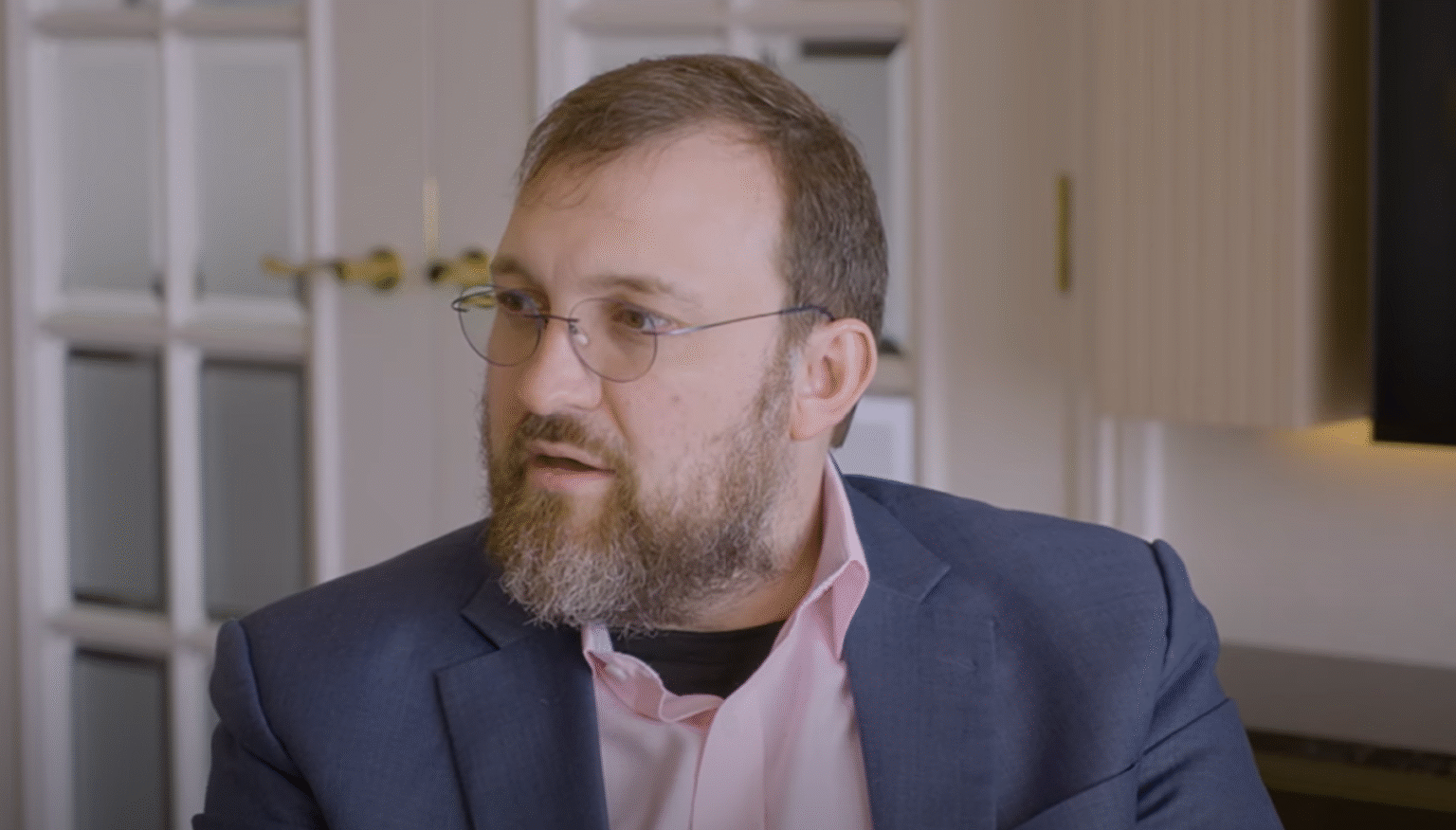In the captivating landscape of blockchain and technological innovation, few names stand as prominently as Charles Hoskinson, the visionary behind Cardano. Recently, Hoskinson has made headlines with the launch of the Hoskinson Government and Policy Center in Wyoming, an initiative set to revolutionize various sectors including rural healthcare, agriculture, and blockchain policy. This movement not only highlights Wyoming’s growing influence in the tech sphere but also serves as a testament to Hoskinson’s commitment to advancing state-level governance and transparency.
Cardano Founder Sets Ambitious Goals for Wyoming Policy Center
The establishment of the Hoskinson Government and Policy Center represents a strategic push to engage deeply in Wyoming’s legislative processes and future elections. As part of his ongoing commitment to the state, Hoskinson has already invested in key projects such as a medical clinic in Gillette and a bison ranch in Platte County, signaling a long-term vision for sustainable growth and innovation.
Leading the Charge for Policy Innovation
Hoskinson envisions a transformative impact on Wyoming’s legislative landscape with a focus on enhancing rural healthcare, modernizing agriculture, and promoting government transparency. “With smart legislation and the right technology, Wyoming can set the standard for how decentralized systems deliver positive change,” Hoskinson notes, emphasizing the potential for blockchain and other technologies to address complex challenges.
The leadership team for the Policy Center is equally notable. Karen Wheeler, a seasoned Wyoming official with extensive experience in the Secretary of State’s office, will serve as Executive Director. Emphasizing a forward-looking approach, Wheeler highlights the Center’s dedication to advancing policy in sectors critical to Wyoming’s growth. Another key appointment is Kendrick Ladd as General Counsel and Head of Policy, bringing expertise from the federal regulatory landscape to reinforce the Center’s mission of aligning technological integration with Wyoming’s core principles.
Building on Wyoming’s Blockchain Potential
The Center’s initiatives align closely with Hoskinson’s earlier critiques of non-transparent procurement processes, particularly concerning Wyoming’s stablecoin project. By advocating for clear and competitive state contracting, the Policy Center aims to solidify Wyoming’s reputation as a leader in the crypto-friendly legislative environment. “Wyoming has the potential to set an example for the nation,” Hoskinson affirms, reflecting his belief in the state’s innovative capacity.
Additionally, the Policy Center has its eyes set on the 2026 electoral cycle, aiming to play a significant role alongside the Wyoming Integrity PAC. This move underscores the Center’s commitment to ethical governance and transparent political engagement in the state.
What are the goals of the Hoskinson Government and Policy Center?
The Hoskinson Government and Policy Center aims to enhance rural healthcare, modernize agriculture, and promote government transparency through innovative legislative initiatives and the integration of advanced technologies like blockchain.
How might the Policy Center influence Wyoming’s 2026 elections?
The Center plans to actively engage in the 2026 elections, collaborating with the Wyoming Integrity PAC to advocate for transparency and ethical conduct in state contracting processes, thereby shaping the state’s political landscape.
Why is Wyoming significant in the blockchain and crypto industry?
Wyoming is recognized for its progressive stance on blockchain and cryptocurrency regulation, offering a supportive environment for industry growth. Its legislative framework attracts innovators like Charles Hoskinson, who see potential in the state’s pro-tech policies.
Who is leading the Hoskinson Government and Policy Center?
Karen Wheeler, an experienced Wyoming official, leads the Center as Executive Director, with Kendrick Ladd as General Counsel and Head of Policy. Their combined expertise is poised to drive forward-thinking policies and technological integration within the state.

